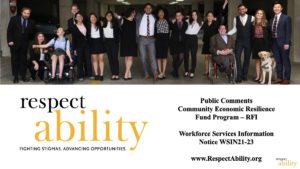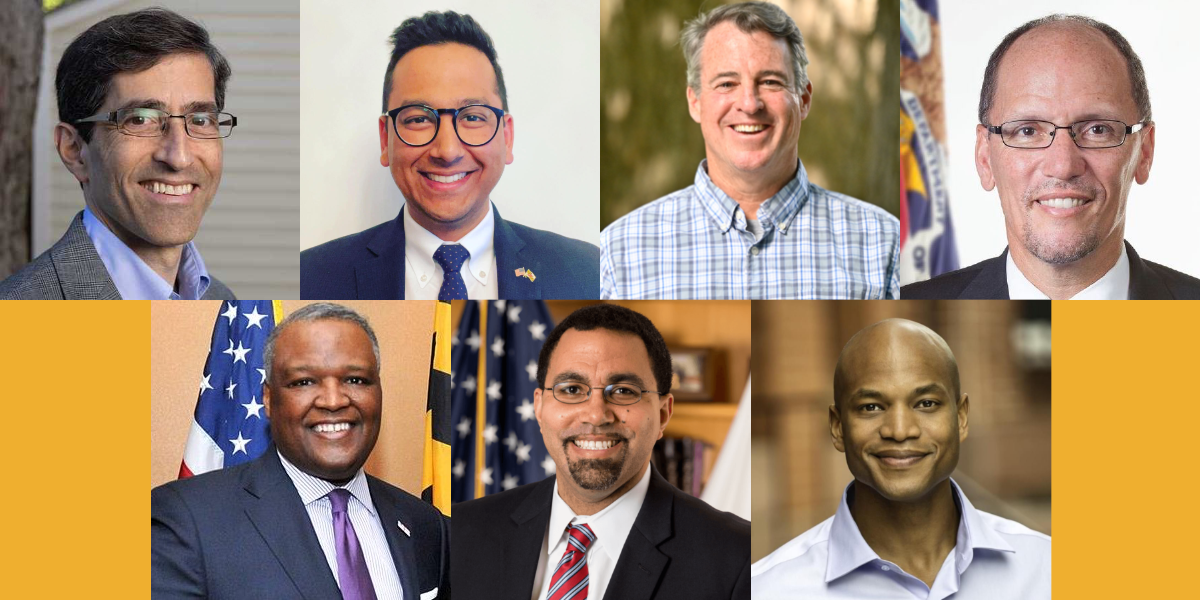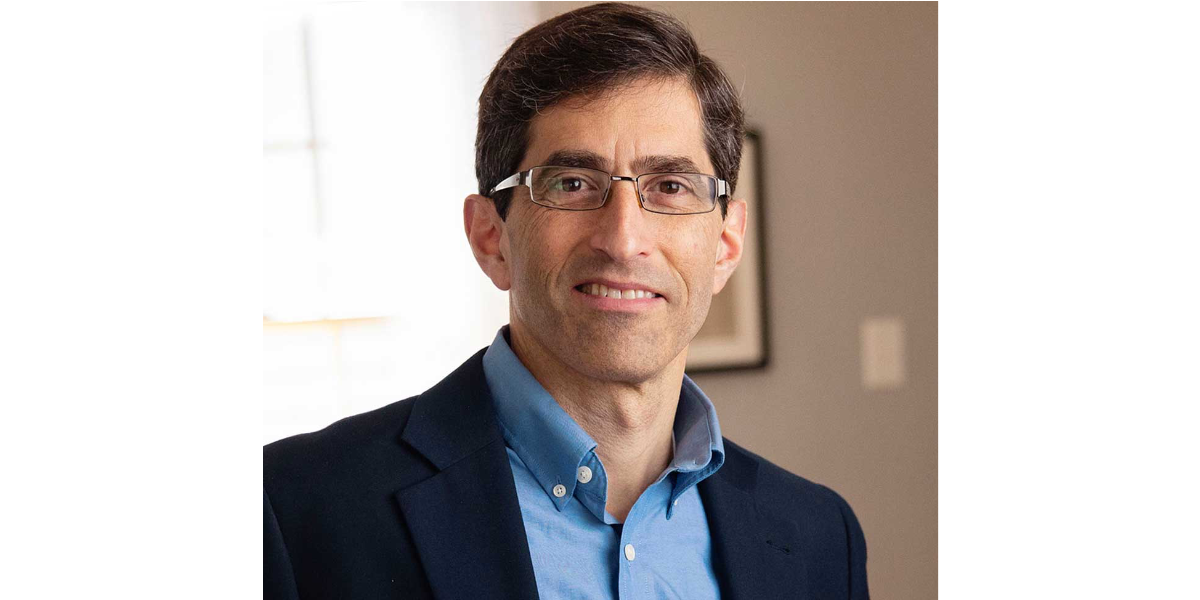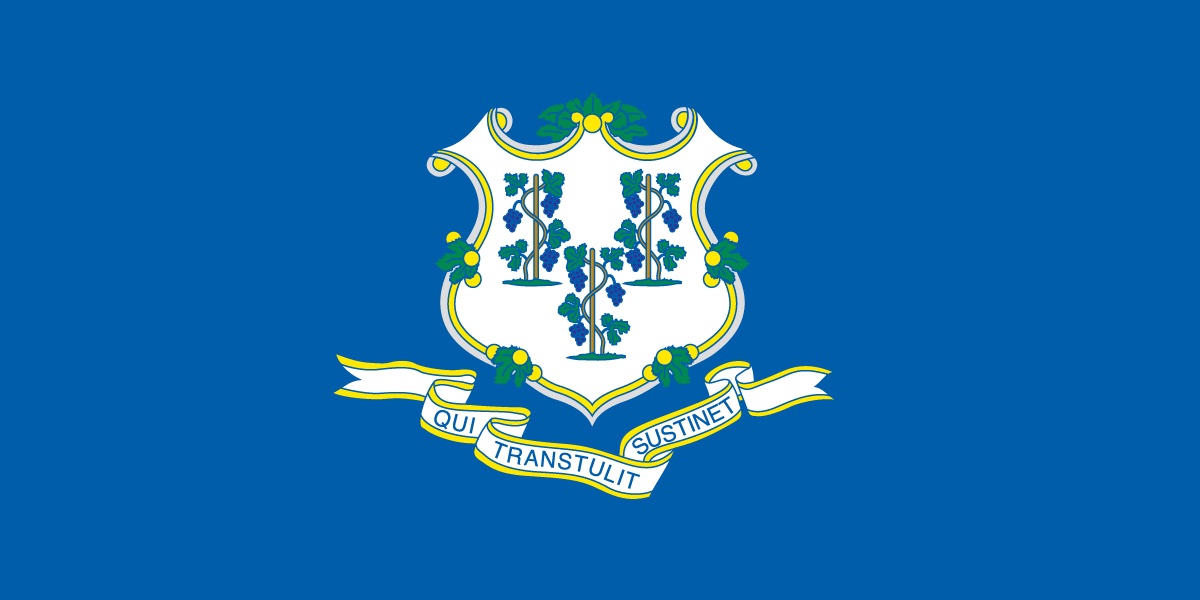Washington, D.C., January 31 – At the opening press conference of the 114th Winter Meeting of the National Governors Association (NGA), Gov. Asa Hutchinson of Arkansas addressed the historical upward trend in labor participation rate for working-aged people with disabilities.
“There is great opportunity to improve the lives and productivity of those with disabilities,” said Gov. Hutchinson. Gov. Hutchinson, who is also responsible for leading NGA in the year ahead, pointed out the profound value of acting “whenever we can make digital access a tool” to create new opportunities.
As of the final quarter of 2021, the labor force participation rate for working-aged people with disabilities is now 2 full percentage points higher than it was before COVID-19. This means that people with disabilities are working in higher numbers than before the pandemic. As employers struggle to fill millions of open jobs across America and in many sectors, people with disabilities remain a fantastic talent pool. According to the Bureau of Labor Statistics, people with disabilities now have a 35.6 percent labor force participation rate, compared to 76.1 percent for those without disabilities. Thus, Governors who adopt a focused strategy for getting more people with disabilities into the workforce can dramatically grow success in their states.





